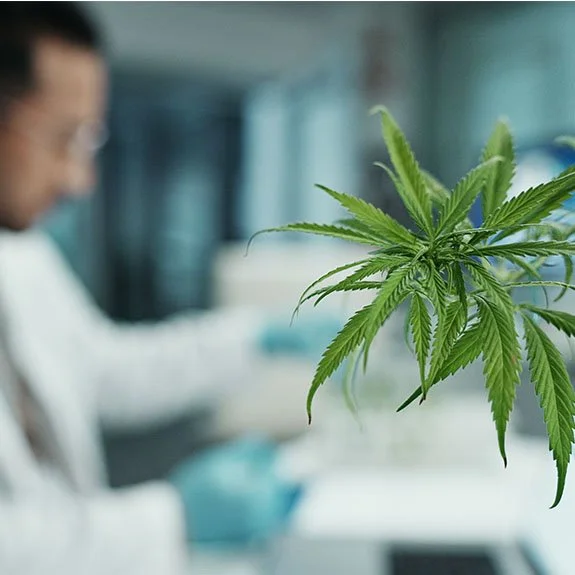Step-by-Step Guide to Marijuana Genetics
Step-by-Step Guide to Marijuana Genetics
Marijuana genetics play a crucial role in the cultivation of high-quality cannabis plants. Tissue culture is an advanced method that allows growers to preserve and propagate the best genetic traits of their marijuana plants. In this guide, we’ll walk you through the tissue culture process, from selecting plant material to maintaining the cultivation environment. By following these steps, you’ll be able to create robust plantlets that carry the desired genetics of your marijuana plants.
Selecting Plant Material
The first step in the tissue culture process is selecting the right plant material. Choose healthy, disease-free mother plants with desirable traits such as high THC content, resistance to pests, or specific terpene profiles. The selected plant material should be young and vigorous, as this increases the chances of successful tissue culture.
Sterilization
Sterilization is a critical step to prevent contamination in your tissue culture process. Begin by cleaning your work area thoroughly with a disinfectant. Sterilize all tools, containers, and surfaces that will come into contact with the plant material. Use a solution of 70% isopropyl alcohol or a commercial sterilant for this purpose.
Next, surface sterilize the plant material. Submerge the cuttings in a solution of 10% bleach for about 10-15 minutes, then rinse them with sterile water. This will eliminate any surface pathogens and prepare the plant material for culture.
Media Preparation
The success of tissue culture largely depends on the media used to support plant growth. The media should contain all the necessary nutrients, vitamins, and hormones required for the plantlets to grow and develop. Typically, a mixture of Murashige and Skoog (MS) basal medium, along with agar and plant growth regulators like auxins and cytokinins, is used.
Carefully prepare the media according to the recipe, ensuring that the pH is adjusted to around 5.8 before autoclaving. Pour the media into sterile culture vessels and allow it to solidify.
Initiation and Cultivation
Once the media is ready, the next step is to initiate the culture. Take the sterilized plant material and place it onto the prepared media under sterile conditions. Use a laminar flow hood to maintain sterility during this process. Carefully label each culture vessel with the date and type of plant material.
Place the culture vessels in a controlled environment with the right temperature, light, and humidity. Typically, a temperature range of 20-25°C, 16 hours of light, and 8 hours of darkness are ideal for most marijuana tissue cultures. Monitor the cultures regularly for signs of contamination and growth.
Maintenance Practices
Maintaining the tissue culture is crucial for the successful development of plantlets. Regularly check the cultures for any signs of bacterial or fungal contamination. If contamination is detected, remove and discard the affected cultures immediately to prevent the spread.
Subculture the growing plantlets onto fresh media every 4-6 weeks to ensure they have ample nutrients and space to grow. During subculturing, also take the opportunity to assess the growth and health of the plantlets. Prune any dead or unhealthy tissue to promote vigorous growth.
Hardening Off and Planting
Once the plantlets have developed roots and are strong enough to survive outside the sterile environment, the next step is hardening off. Gradually acclimate the plantlets to the external environment by reducing humidity and increasing light exposure over a period of 1-2 weeks. This process will help them adjust to the less controlled conditions of a greenhouse or outdoor garden.
After hardening off, the plantlets are ready to be transplanted into soil or hydroponic systems. Continue to monitor their growth and health, providing the necessary nutrients and care to ensure they thrive.
Conclusion
Tissue culture is a powerful tool in the cultivation of marijuana, allowing growers to preserve and propagate superior marijuana genetics. By following this step-by-step guide, you can successfully navigate the tissue culture process and produce healthy, robust plantlets that carry the best traits of your marijuana plants. Embrace this advanced cultivation technique to enhance the quality and consistency of your cannabis crop.






Ensure the security and privacy of your cannabis cultivars with cold storage solutions that protect your intellectual property and provide exclusive access.